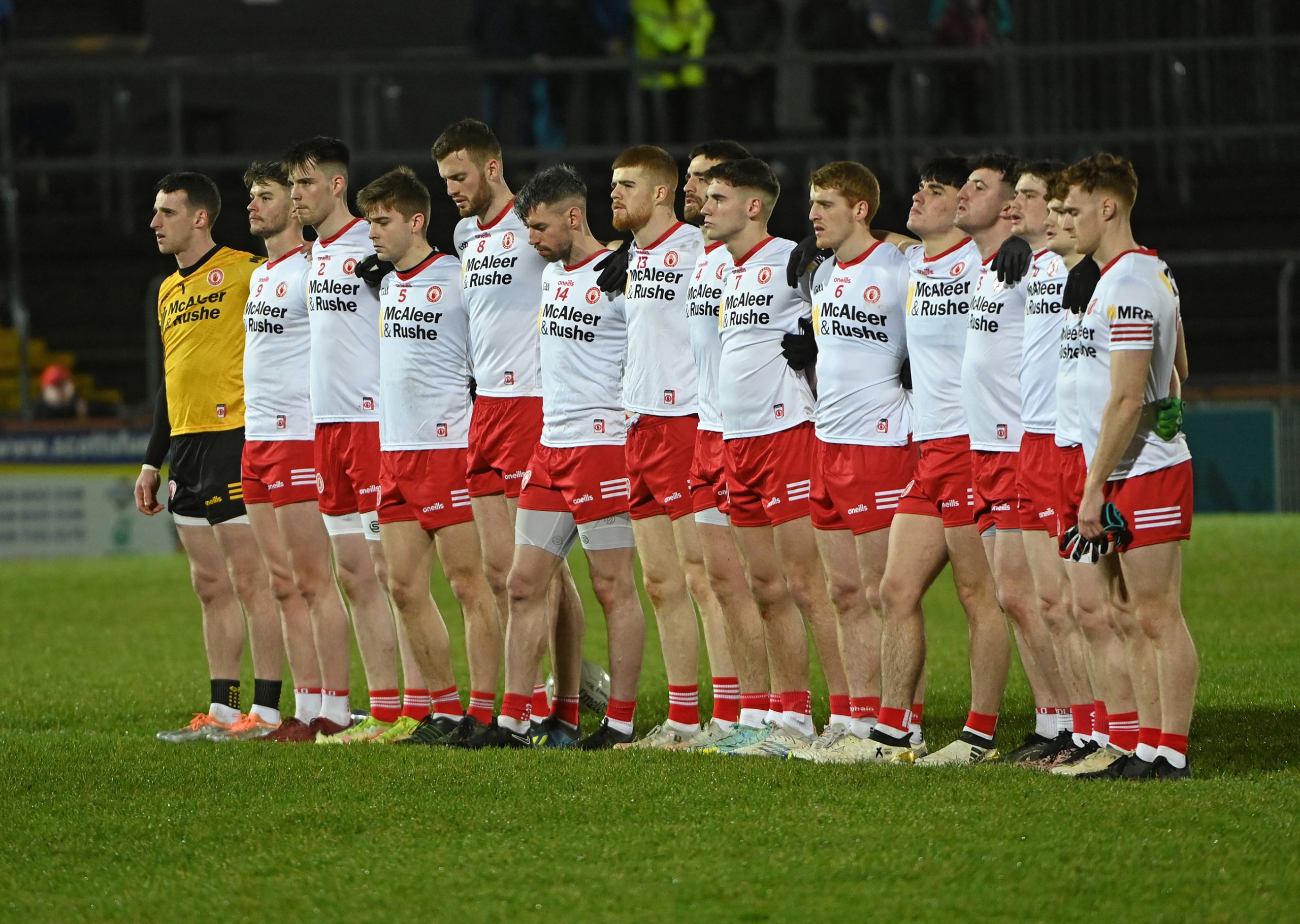By Niall Gartland
ULSTER GAA provincial secretary Brian McAvoy is delighted that the Dr McKenna Cup will return in 2026 following a one-year hiatus – and he counters the concerns flagged up by GPA head honcho Tom Parsons about player burnout.
At a meeting on Tuesday evening, county delegates voted unanimously to restore the McKenna Cup and its hurling equivalent, the Conor McGurk Cup.
The competitions were suspended across all provinces in 2025 as part of a one-year trial, leading to disquiet among the provincial bodies, who took a considerable financial hit as a result. Last month, Gaelic Life revealed that the McKenna Cup was set to return for its centenary year.
McAvoy, a leading proponent of the pre-season competitions, is naturally delighted that they’re back on the table, but not everyone is happy.
GPA chief Parsons insists that if provinces go ahead with pre-season competitions, it will require a six-week block of pre-season, meaning an earlier start to the inter-county season of three weeks.
In last year’s Ulster GAA secretary’s report, McAvoy accused the GPA of turning a blind eye to collective inter-county training sessions which took place before the December 7 start date, and speaking yesterday, he says that the pre-season competitions are vastly preferable to the alternative of challenge games.
“They’d only be playing challenge games anyway, and the return of the pre-season competitions gives them the chance to do so in a structured way where managers can get a proper look at new players.
“The situation now, particularly with Divisions Two and Three in the Allianz League, is that the league effectively determines what championship you’ll be in. Counties didn’t get the chance last year to look at new players because you’re straight into the league from day one.
“The McKenna Cup provides that opportunity, to give players a meaningful game in a structured setting. One of the counties made the point last year that they travelled half of Ireland only to find their challenge game didn’t go ahead.”
McAvoy says they are mindful of concerns over player welfare, and adds that it’s also up to individual managers to balance the load on their players in an appropriate manner.
“It’s a matter for each manager in terms of how they treat the competition. Counties will have their own preferences and priorities, but it’s a chance ultimately for managers to look at newcomers and players who maybe didn’t get much-game time in the previous year.
“We can provide a structure to that, and we’ve deployed various different rules, between allowing more than five substitutes and going straight to penalties in the knock-out rounds instead of having extra-time.
“it’s also an opportunity for us to look at some of our up and coming referees. It mightn’t be the full throttle of league and championship, but it’s more significant than a challenge game in terms of status, so it’s an opportunity for them to referee competitive matches.”
Receive quality journalism wherever you are, on any device. Keep up to date from the comfort of your own home with a digital subscription.
Any time | Any place | Anywhere














